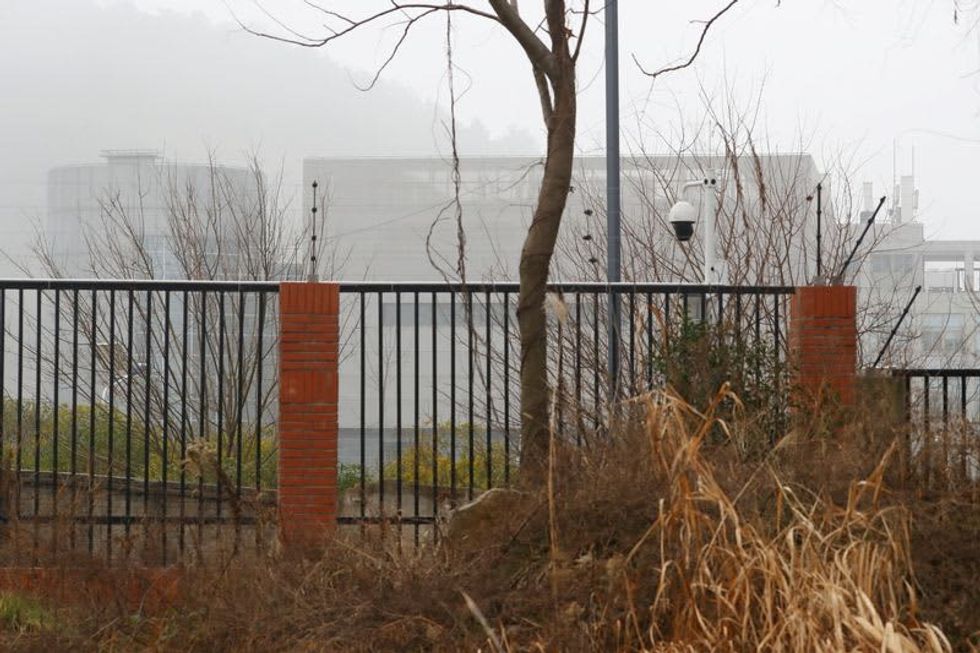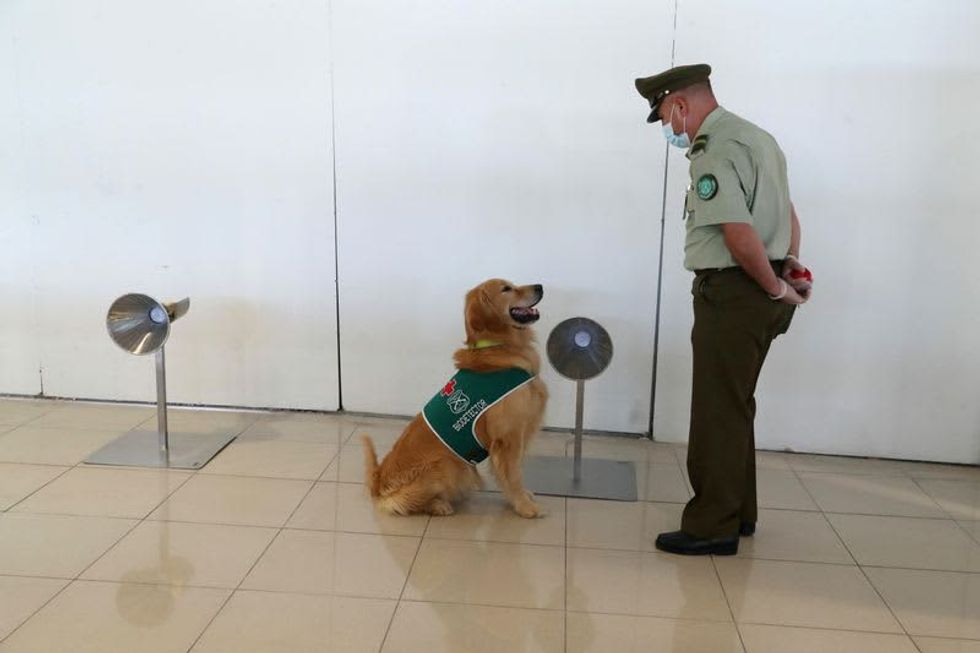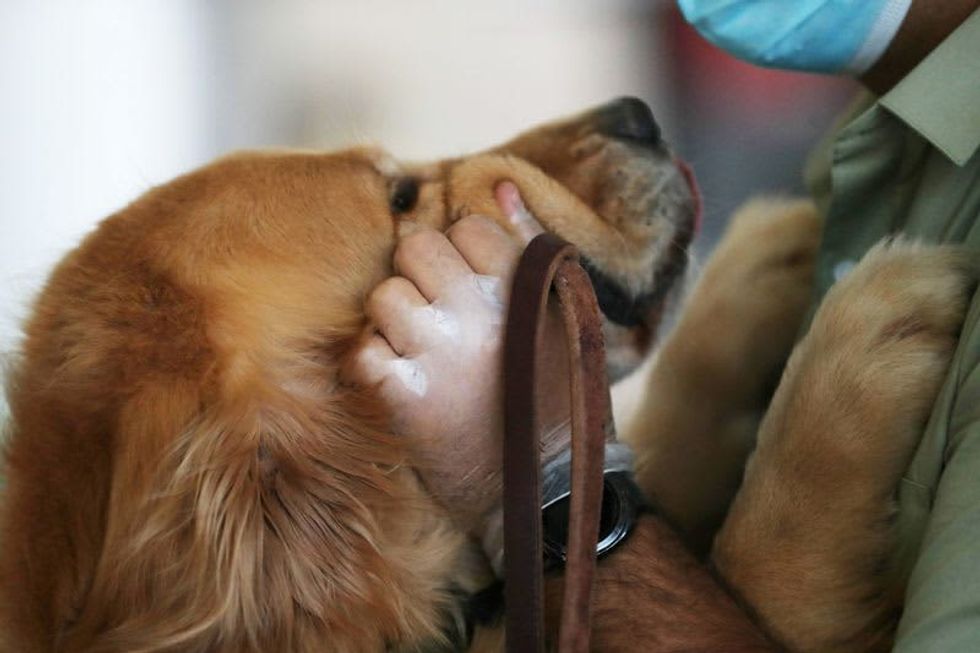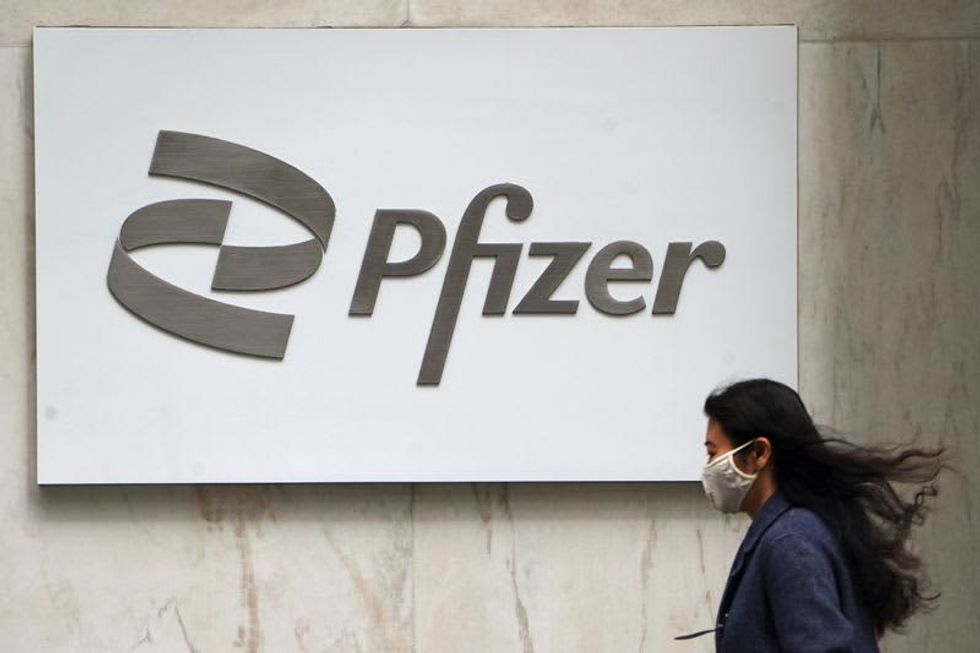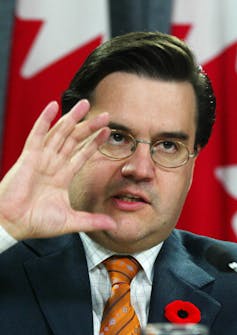A still-classified U.S. intelligence report circulated during former President Donald Trump's administration alleged that three Wuhan Institute of Virology (WIV) researchers became so ill in November 2019 that they sought hospital care, sources familiar with U.S. intelligence reporting and analysis said, speaking on condition of anonymity.
It remained unclear whether these researchers were hospitalized or what their symptoms were, one of the sources said. The virus first appeared in Wuhan and then spread worldwide.
"We don't have enough information to draw a conclusion about the origins" of the coronavirus, White House Press Secretary Jen Psaki told a news briefing on Monday. "We need data. We need an independent investigation. And that's exactly what we've been calling for."
Information about the researchers was published in the Wall Street Journal on Sunday.
China's foreign ministry spokesman, Zhao Lijian, said on Monday it was "completely untrue" that three WIV staff members had fallen ill.
The origin of the virus is hotly contested. In a report https://www.who.int/health-topics/coronavirus/origins-of-the-virus issued in March written jointly with Chinese scientists, a World Health Organization-led team that spent four weeks in and around Wuhan in January and February said the virus had probably been transmitted from bats to humans through another animal, and that "introduction through a laboratory incident was considered to be an extremely unlikely pathway."
The U.S. intelligence community "hasn't ruled out either theory," one official U.S. source said. Intelligence reporting about possible November infections among Wuhan Institute employees "can't be dismissed" by U.S. researchers, the source added.
The hypothesis that the virus escaped from a Chinese lab has been promoted on some conservative websites, and by some Republicans in the U.S. Congress. U.S. intelligence agencies have not reached their own determination on the cause.
The U.S. State Department published a "fact sheet https://2017-2021.state.gov/fact-sheet-activity-at-the-wuhan-institute-of-virology/index.html" on COVID-19 and the Wuhan lab on Jan. 15, 2020, five days before Trump left office, based in part on information in the classified report, sources said. Trump as president referred to the pathogen as the "China virus" and the "China plague."
The Central Intelligence Agency, National Security Agency and defense intelligence components contributed to both the public fact sheet and classified report, the sources said. Both were assembled by the Office of the Director of National Intelligence.
The classified report is regarded as valid by current U.S. government agencies, experts investigating the origins of COVID-19 and by officials in President Joe Biden's administration.
U.S. agencies are concerned that WHO representatives have been unable to conduct independent investigations inside China into COVID-19's origins, and are therefore wary of WHO findings, one U.S. government source briefed on these investigations said.
"We continue to have serious questions about the earliest days of the COVID-19 pandemic, including its origins within the People's Republic of China," a spokesperson for the White House National Security Council said.
In their own report on the origins of COVID-19 issued last week, Republican members of the U.S. House of Representatives intelligence committee asserted that there was "significant circumstantial evidence" suggesting COVID-19 "may have been a leak" from the Wuhan lab.
Such evidence included information indicating "several researchers" at the lab got COVID-19 symptoms in the fall of 2019, the report said.
The WHO, which opened its annual ministerial assembly on Monday, has not announced any follow-up to the Wuhan mission but member states may raise concerns in speeches to the week-long forum. U.S. Health and Human Services Secretary Xavier Becerra is due to address it on Tuesday.
The pandemic has killed more than 3.4 million people worldwide.
(Reporting By Mark Hosenball; Additional reporting by Andrea Shalal in Washington and Stephanie Ulmer-Nebehay in Geneva; Editing by Will Dunham and Heather Timmons)



